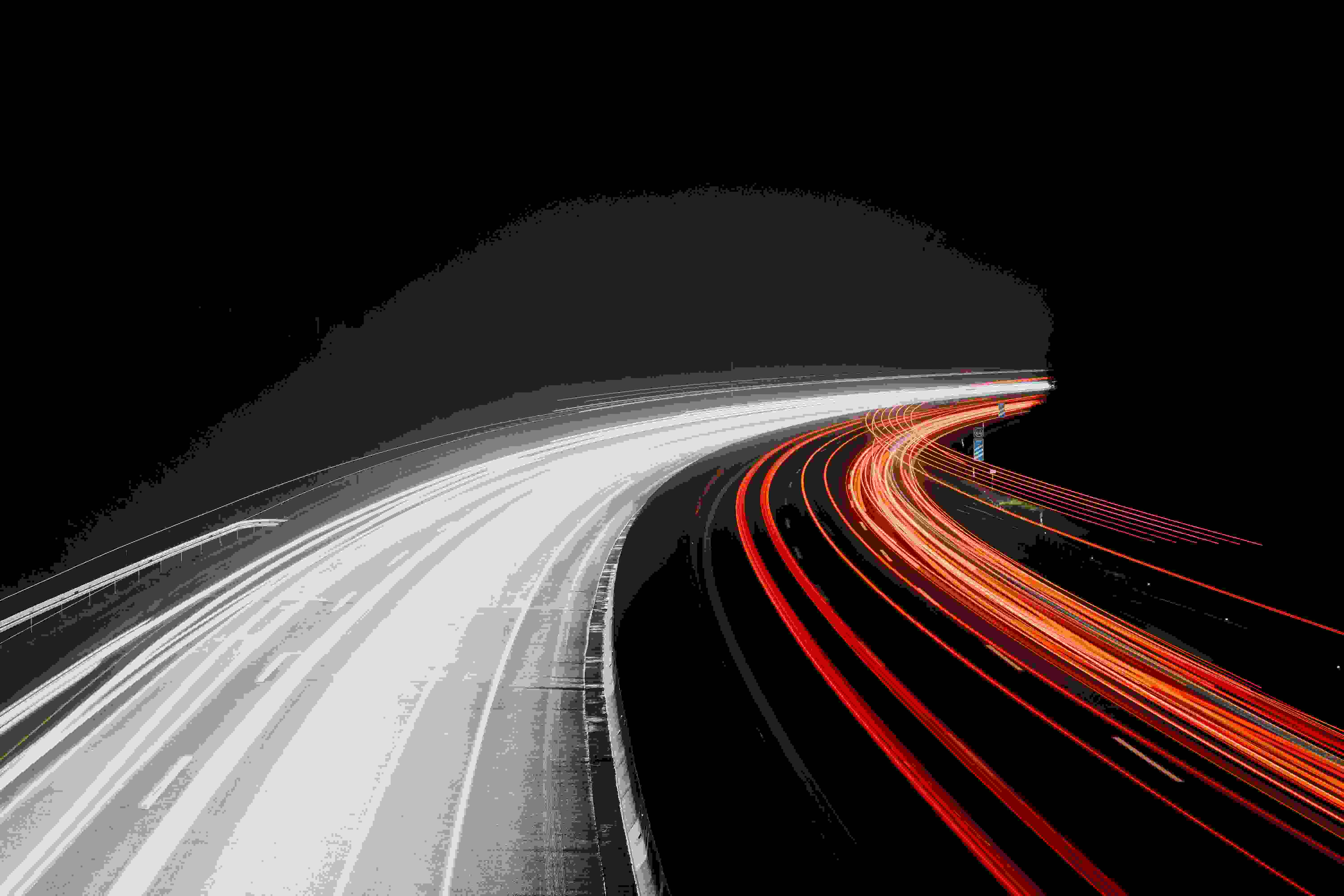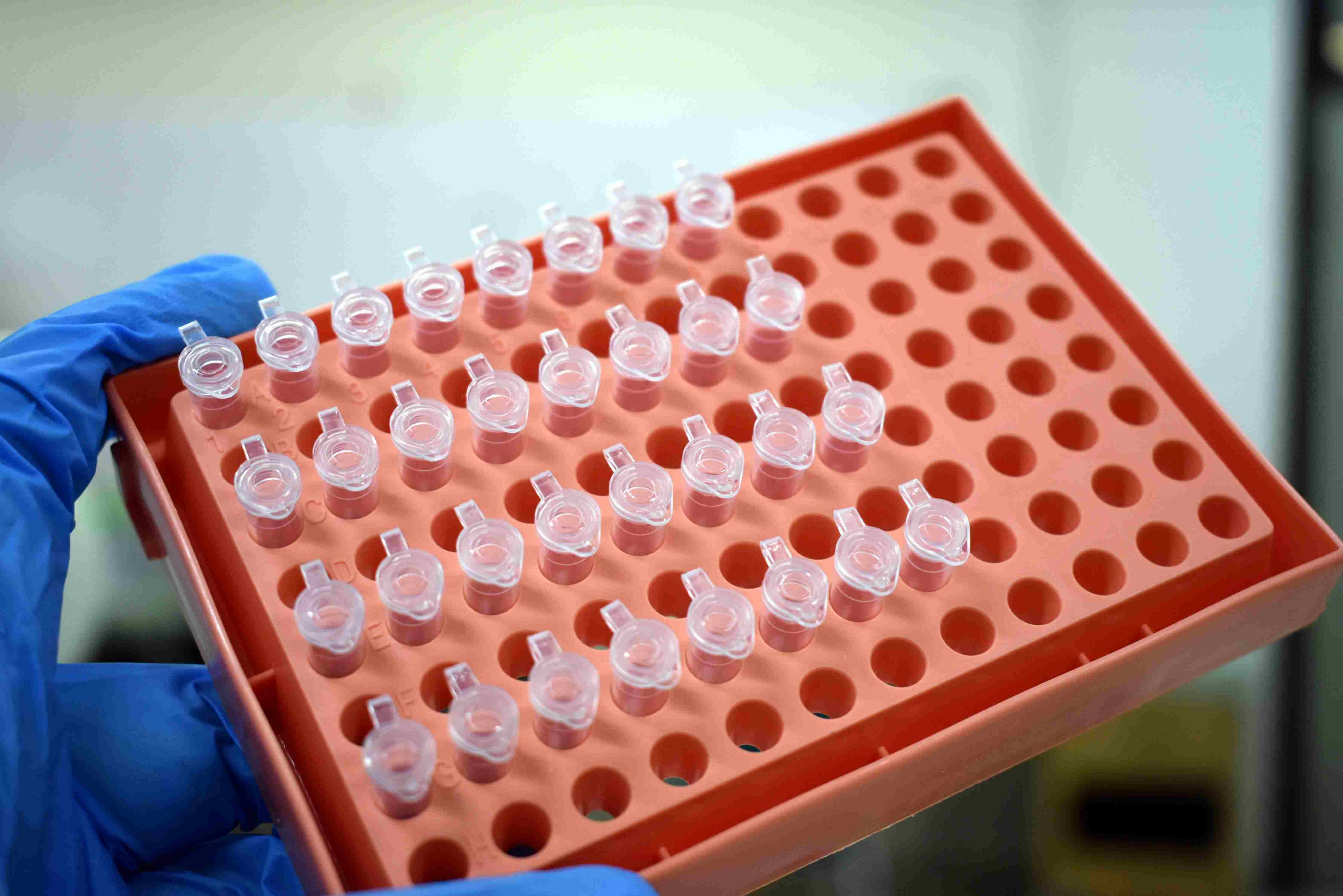Accelerated vs. Standard rTMS for Depression
A new systematic review sheds light on how accelerated repetitive transcranial magnetic stimulation (aTMS) protocols compare to standard or sham rTMS in treating major depressive disorder (MDD) and treatment-resistant depression (TRD).
Published in Neuroscience and Biobehavioral Reviews (2025) and led by Jean-Pascal Lefaucheur and colleagues, this critical review analyzed 23 studies directly comparing accelerated and standard (or sham) rTMS protocols to assess their effectiveness in depression.
What is rTMS and Why Accelerate It?
rTMS is a non-invasive brain stimulation technique that targets the dorsolateral prefrontal cortex (DLPFC) to modify neural excitability and network connectivity. Traditionally, patients undergo one session per day, five days per week, over several weeks.
However, the slow pace of standard rTMS can be a significant barrier, especially for patients with severe symptoms or suicidal ideation who need rapid relief. Accelerated TMS (aTMS) protocols attempt to condense treatment by offering multiple daily sessions, potentially speeding up recovery and making therapy more accessible.
Key Findings
- Efficacy of Accelerated Protocols:
- Twice-daily high-frequency (HF) rTMS of the left DLPFC consistently showed better antidepressant effects than sham stimulation and sometimes even outperformed standard once-daily protocols.
- Accelerated intermittent theta burst stimulation (iTBS) (more than two sessions daily) yielded promising results in several studies, but findings were mixed depending on targeting methods and session parameters.
- Continuous theta burst stimulation (cTBS) protocols were less consistently effective compared to sham.
- Importance of Targeting and Protocol Design:
- Studies using individualized targeting (based on functional connectivity between the DLPFC and the subgenual anterior cingulate cortex) tended to achieve better outcomes than those using standard anatomical coordinates.
- Longer inter-session intervals (up to 50 minutes) and higher total pulse counts appeared to enhance therapeutic response.
- Safety and Tolerability:
- No serious side effects were reported across studies.
- Protocol discontinuation occurred infrequently and was often related to tolerability issues common in both active and sham conditions.
Practical Implications
This review suggests that accelerating rTMS therapy can be safe and effective by administering multiple daily sessions, particularly when combined with precise targeting and appropriate dosing schedules. Accelerated protocols could significantly reduce treatment duration (from weeks to days) and offer faster relief for patients with urgent clinical needs.
However, not all accelerated methods are equally effective. Factors such as the number of sessions per day, the time interval between sessions, the type of stimulation (HF-rTMS vs. iTBS vs. cTBS), and precision targeting critically influence outcomes.
What’s Next?
Further large-scale, double-blind, randomized controlled trials are needed to optimize accelerated TMS protocols and better understand the interplay between stimulation parameters and clinical outcomes. Future studies should particularly explore individualized targeting strategies and real-time neuroimaging guidance to maximize therapeutic impact.
As accelerated TMS protocols continue to evolve, they hold the potential to revolutionize the treatment of major depression, making therapy faster, more effective, and more widely accessible.
Reference
Lefaucheur, J.-P., Colzi, C., Hollander, E., Pampaloni, I., Van Ameringen, M., Baeken, C., et al. (2025). Comparison between accelerated and standard or sham rTMS in the treatment of depression: A systematic review. Neuroscience and Biobehavioral Reviews, 173, 106140. https://doi.org/10.1016/j.neubiorev.2025.106140
Contact
Second Opinion Intake Form – https://Go.uth.edu/CIPIntake.
Phone – (713) 486-2621
Fax – (713) 500-2728
E-mail – [email protected]

